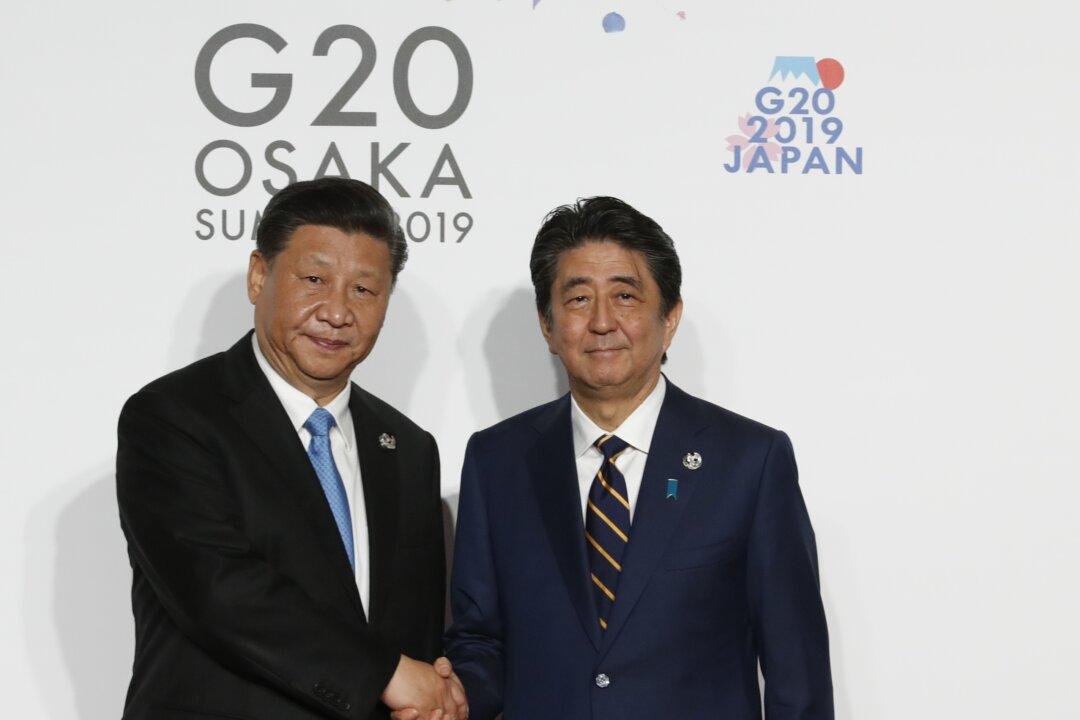News Analysis
The leader of China’s communist regime once remarked that he would not have been a communist had he been born anywhere else, according to a new book.

The leader of China’s communist regime once remarked that he would not have been a communist had he been born anywhere else, according to a new book.